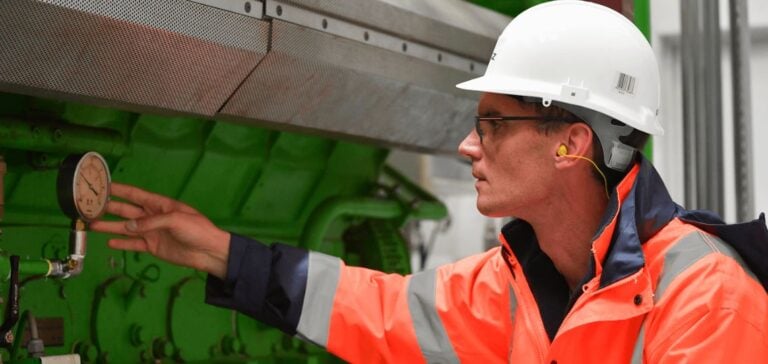The French energy sector is in turmoil, with a significant rise in gas prices affecting households. From July onwards, the average annual gas bill for millions of French people will rise by 11.7%, or 124 euros, from 1,060 euros in June to 1,184 euros. The main reason for this rise in rates is the increase in the cost of maintaining the gas network, a crucial factor in the modernization of our infrastructure.
Background and Impact
The French Energy Regulatory Commission (CRE) has announced that the “average benchmark price” for kWh will be around 13 centimes in July, marking an 11.7% increase on the June index. This increase comes after several months of consecutive price falls, and although it should be put into perspective, it is still 3.5% lower than in January. The end of the tariff shield, a subsidy mechanism introduced at the end of 2021 to protect households during the energy crisis, has contributed to this price trend.
Political and regulatory reactions
The announcement of this increase provoked strong reactions in the French political landscape. The Rassemblement National (RN) has declared that its first reform, should it win the next elections, would be to cancel this increase. For its part, the New Popular Front is also calling for the increase to be cancelled. Bruno Le Maire, French Minister of the Economy and Finance, reacted by stressing the urgency of accelerating the energy transition, saying that this price rise demonstrates the need to move away from fossil fuels.
Market analysis
The rise in gas transmission costs, a major component of the bill, reflects increased expenditure on maintaining and modernizing gas infrastructures. GRDF, the distribution network operator, justifies this revaluation by the need to integrate green gas and maintain a modern, efficient network. This dynamic is also complicated by the decline in the number of gas subscribers, with a decrease of 197,000 subscribers between the end of 2022 and the end of 2023, according to CRE.
Future prospects
The upward trend in energy prices prompts us to reflect more deeply on France’s energy policies. The debate on energy independence and the transition to renewable energy sources is gaining momentum. Experts stress the importance of a coherent strategy to diversify energy sources and reduce dependence on fossil fuels, particularly in a global context marked by geopolitical tensions and energy crises.
This rise in gas prices highlights the structural challenges facing the French energy sector. Modernizing infrastructures and integrating renewable energies are imperative to ensure a sustainable energy transition. Current political debates reflect a growing awareness of the need for in-depth reform of energy policies to ensure the resilience and sustainability of the country’s energy supply.
### Photo ideas :
1. Illustration of a gas infrastructure with technicians in the middle of maintenance.
2. Graph showing the evolution of gas prices in France over the last few months.






















